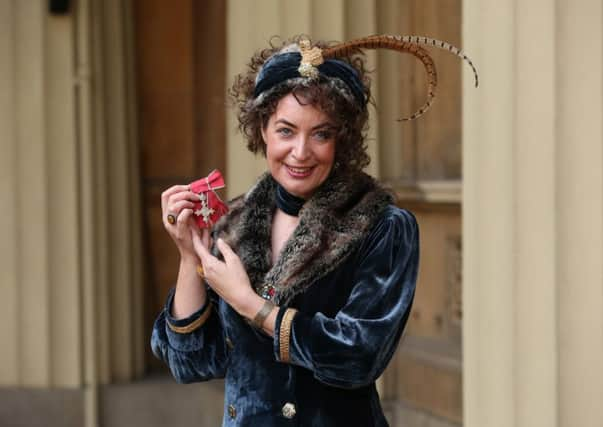Book review: Some Kids I Taught and What They Taught Me, by Kate Clanchy


As the title suggests, this book is rich in personal stories about the kids she has taught – all names are disguised – and what she has learned from them. The stories are fascinating, many extraordinary. They give a vivid picture of Britain, and especially England today or, more accurately, certain areas of England.
She recognises the changes over her adult life. Recently watching Bill Forsyth’s 1981 film Gregory’s Girl, “one thing jars: the wildly outdated, over intimate, casually sexualised relationships of the teachers to the pupils... normal then, just as it was normal, a decade later in Essex, for teachers to go to the pub at the end of the school year” with leavers. “Mores around sex have changed in schools… unrecognisably, and, mostly, for the better”. Yet – this is the catch – “Love happens in schools… Schools run on love”. Only it must be “agape: the pure, parental strain”, not dangerous “eros, physical love”.
Advertisement
Hide AdClanchy is, generally, critical of rule-making authority. Yet, reading the chapter on work in an Inclusion Unit – a class or unit for children who have been excluded from mainstream schooling – one is aware of authority not actually doing too badly. In the first place, she doesn’t pretend that such exclusions aren’t often, even usually, necessary. The excluded and disruptive child has made teaching a nightmare, and learning for the other members of the class all but impossible. Yet, as Clanchy shows, the kids sentenced to the Inclusion Unit are on the one hand troubled, on the other capable of being redeemed.
Her commitment and that of her colleagues to this task is evident and remarkable. It is also remarkable that hard-pressed schools and education authorities devote so much money, so many resources, to pupils who have hitherto shown themselves unresponsive and rebellious.
For the most part Clanchy is so admirable that it comes as a shock to find that she can also be intolerant and narrow-minded. But the chapter “On the Church in Schools” is just that. She objects to “paying, through taxation and citizenship”, for children to be taught in Catholic and Church of England schools where they may be told things she thinks wrong, even wicked. Instead “we should agree on state values, things we all believe, and promulgate those. Religion should be for outside school only.” Well, perhaps it should, but there are millions of people – parents and grandparents – who think otherwise, and many of them may likewise object to paying for schools which teach these “state values”. In any case the idea that there are such “state values, things we all believe”, is wishful thinking; preposterous indeed.
Enough carping. This is an engaging, continuously interesting book, and an encouraging one. It is full of good stories and I don’t think anyone could read it without having his or her understanding deepened and sympathies engaged. So it may help parents – and other teachers – when times are tough and children more than usually difficult and baffling.
Philip Pullman calls it the best book on teaching and children and writing he has ever read. I would add that despite Clanchy’s rough brush with the General Teaching Council of Scotland, there are echoes here of other Scottish idealistic teachers, including A S Neill and R F Mackenzie. Despite that brush? Rather perhaps on account of it.
Some Kids I Taught and What They Taught Me, by Kate Clanchy, Picador, 269pp, £16.99